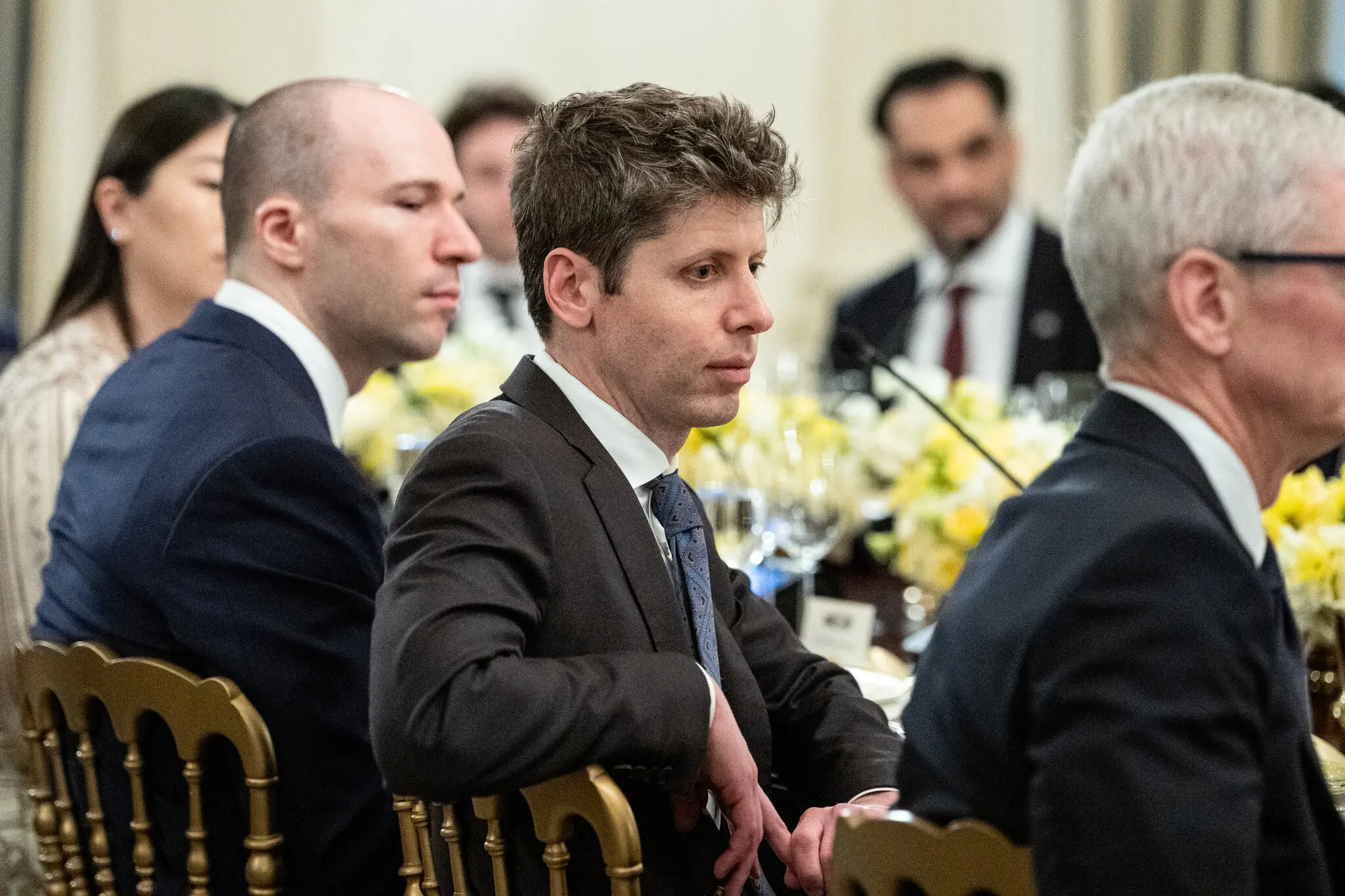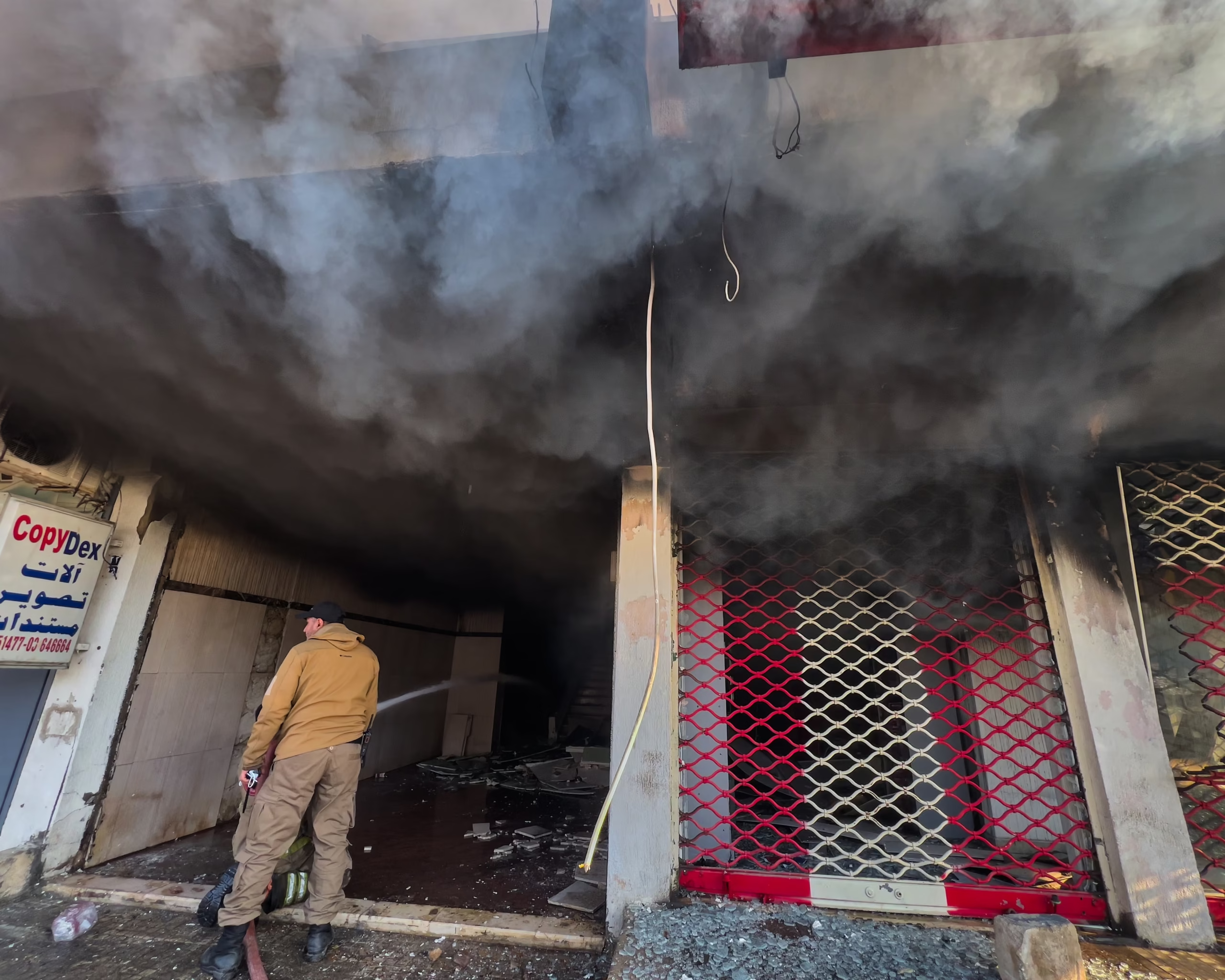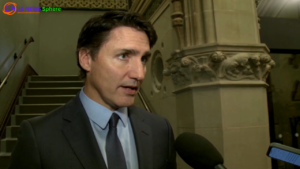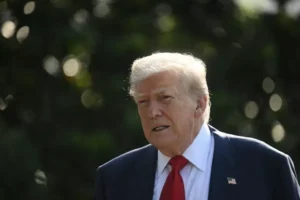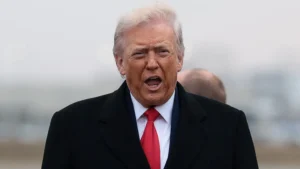Trump’s Executive Order on Antisemitism Sparks Deportation Debate: What It Means for America
President Donald Trump’s latest executive order on antisemitism has ignited intense debates across the country. The order, aimed at combating antisemitic activities on U.S. college campuses, introduces strict measures, including the potential deportation of non-citizen students participating in certain protests. While supporters argue that this move strengthens protections for Jewish students, critics fear that it threatens free speech and could disproportionately target pro-Palestinian activists.
With universities being a hotbed for political activism, this executive order raises several questions about the fine line between fighting hate speech and protecting First Amendment rights. Let’s break down the key aspects, reactions, and possible consequences of this controversial order.
Table of Contents
What Is Trump’s Executive Order on Antisemitism?
This executive order empowers federal agencies to investigate and penalize individuals accused of promoting antisemitism in educational institutions. However, one of its most debated provisions is the targeting of non-citizens who participate in protests that are deemed as supporting terrorist organizations.
This means that international students and immigrants involved in pro-Palestinian demonstrations could face legal consequences, including deportation. Trump’s administration justifies this measure as a step to curb rising antisemitism in academic institutions, while opponents see it as a tactic to suppress political activism and intimidate students who criticize U.S. policies in the Middle East.
Deportation Concerns: Who Is at Risk?
Under this executive order, the Department of Justice (DOJ) is directed to use all available legal tools to prosecute and potentially remove individuals involved in activities deemed antisemitic.
🔹 Who is affected?
- International students on visas who participate in pro-Palestinian demonstrations
- Foreign nationals on work permits or scholarships involved in anti-Israel protests
- Activists labeled as threats under the expanded interpretation of antisemitism
🔹 What qualifies as antisemitism?
While antisemitic hate crimes are a serious issue, critics argue that this order broadens the definition of antisemitism in a way that may criminalize dissent against Israel’s policies. Many fear that peaceful demonstrations criticizing Israeli government actions could be classified as antisemitism, leading to harsh penalties for student activists.
Free Speech vs. National Security: The Big Debate
This executive order brings forth a critical debate on free speech in the U.S. Critics believe that protesting against a government’s policies should not be equated with antisemitic hate speech. Civil rights organizations, student groups, and free speech advocates have voiced concerns that this move violates First Amendment rights.
On the other hand, proponents of the order argue that antisemitism on campuses has surged, requiring immediate government intervention. Jewish advocacy groups cite recent incidents of hate speech and violence as proof that stronger measures are needed to protect Jewish students.
Edward Ahmed Mitchell, the National Deputy Director of the Council on American-Islamic Relations, described this move as a “misguided policy” that wrongfully targets students of color and foreign nationals. He emphasized that the order could set a dangerous precedent where criticism of foreign governments is penalized as a criminal act.
How This Order Affects Universities Across America
Many universities and student organizations have spoken out against the potential misuse of this order. Academic institutions fear that it could create a hostile environment for free speech, where students might self-censor their political opinions to avoid legal trouble.
A leading university professor at the University of Pennsylvania stated:
“This order could fundamentally change how political activism works on college campuses. If students fear deportation or legal action for participating in demonstrations, we risk eroding free speech entirely.”
Universities are now caught in a legal and ethical dilemma—protecting students’ rights while ensuring compliance with federal laws.
Will This Executive Order Hold Up in Court?
Legal experts predict major court battles over this order. The American Civil Liberties Union (ACLU) and other civil rights groups are expected to challenge it, arguing that it violates constitutional protections.
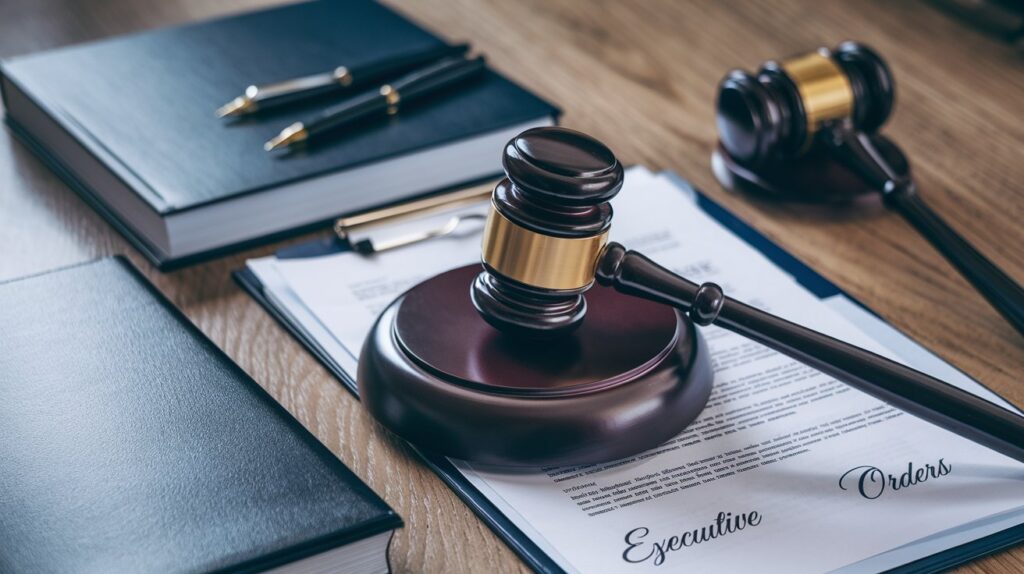
Since executive orders can be overturned through judicial review, it remains uncertain how long this policy will last. A legal challenge could either limit its impact or strike it down entirely if found unconstitutional.
Final Thoughts: What’s Next for Student Activism?
Trump’s executive order on antisemitism has undoubtedly sparked one of the biggest free speech vs. national security debates in recent times. Whether this order successfully curbs antisemitism or unjustly targets activists, its impact on student activism and university policies will be long-lasting.
The U.S. now faces a critical test—how to balance protecting Jewish students while safeguarding constitutional rights. With protests and legal challenges already unfolding, this issue is far from over. [USnewsSphere.com / NPR]



